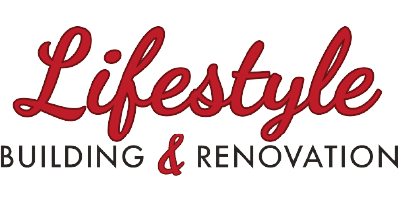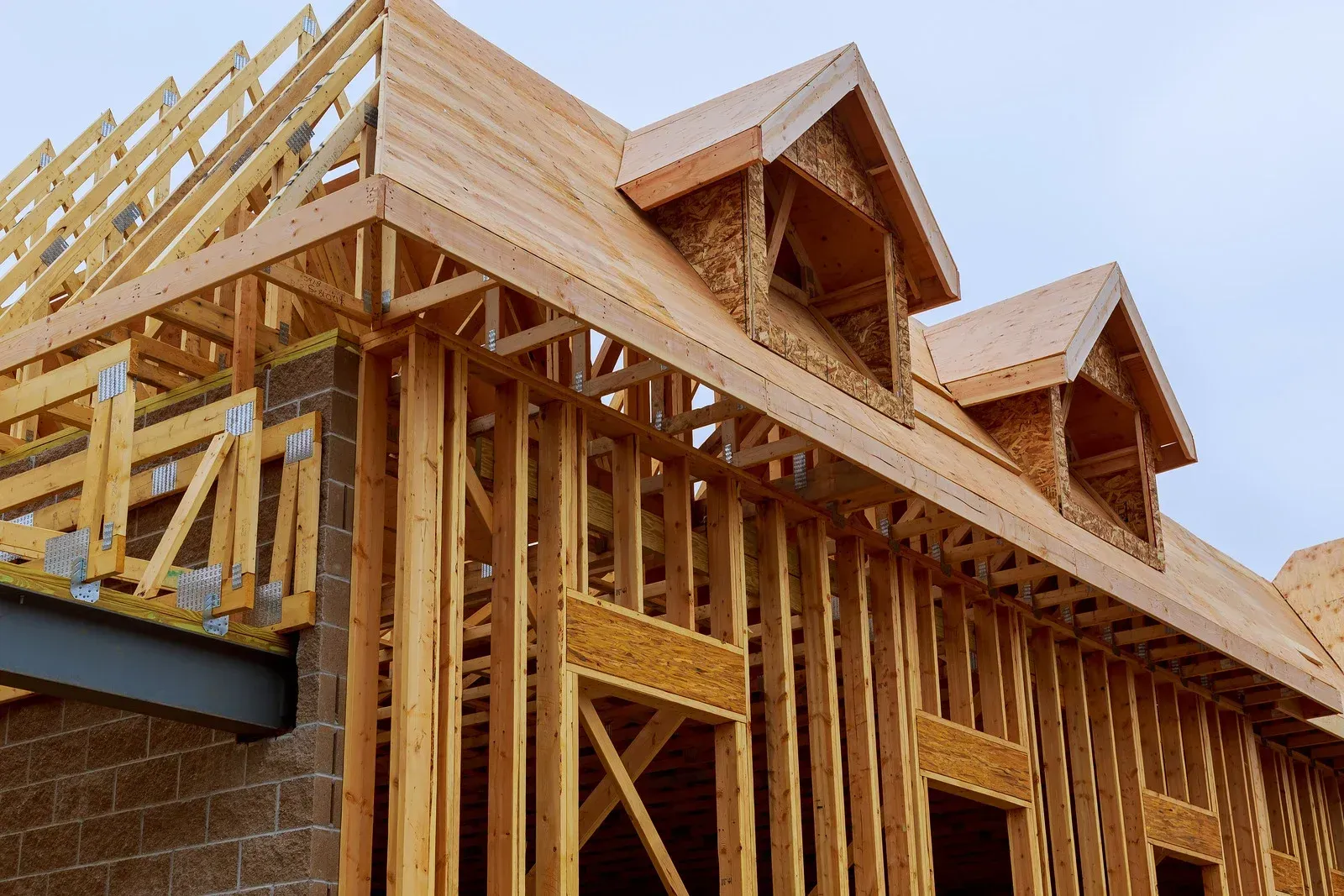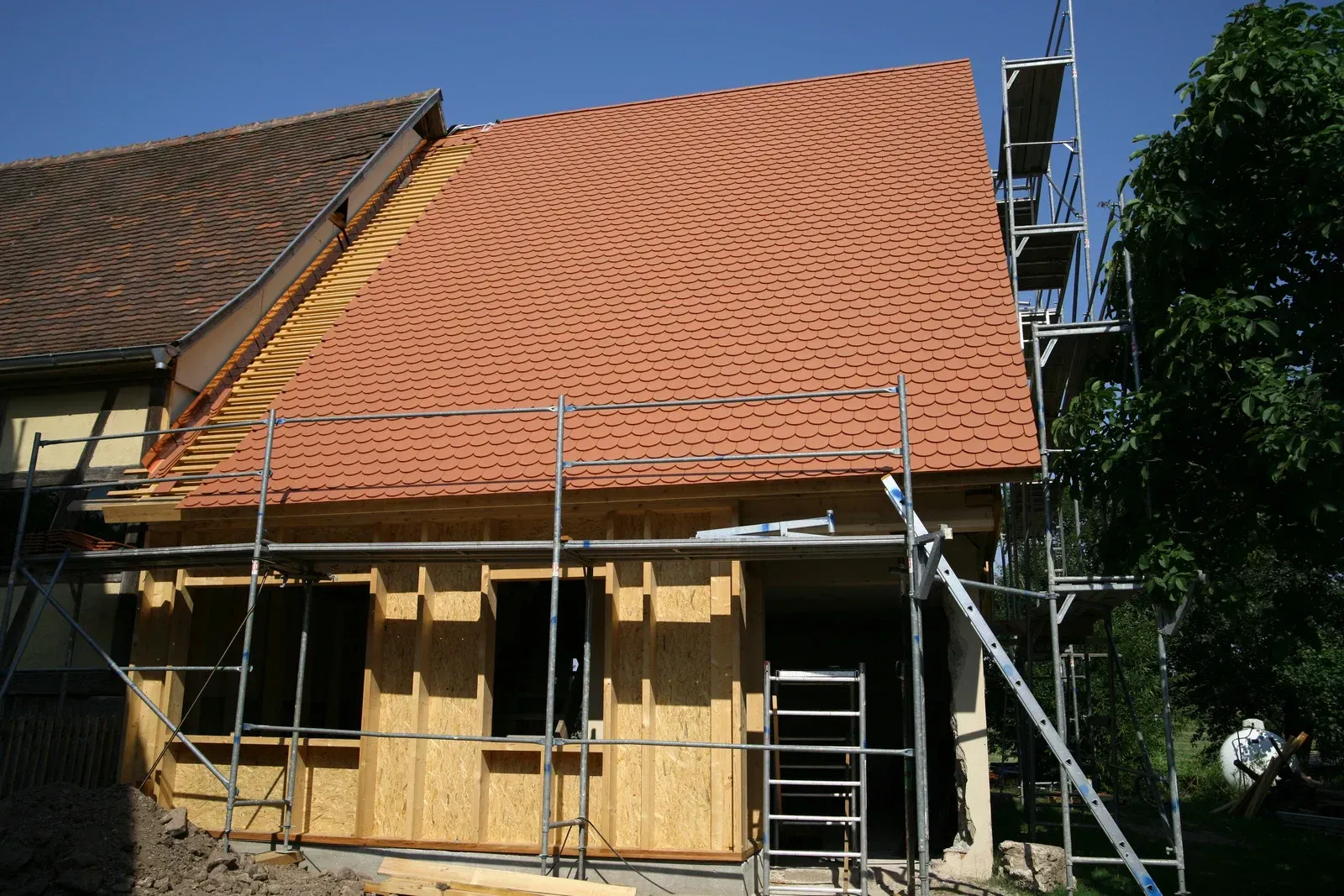The Ultimate Guide To Stress-Free New Home Construction
Building a new home often brings joy, pride, and excitement, but without the right approach, it can also turn into a stressful and confusing process that drains your time, money, and energy. Many people dive into construction without fully understanding the steps involved, and this lack of preparation leads to delays, cost overruns, and poor decisions.
A smooth construction journey depends on planning, patience, and clear decisions at each stage. When you break down the process into simple, well-managed parts, everything becomes easier to handle. With the right strategy, your new home can rise without confusion or frustration.
Set Clear Goals Before Construction Starts
Before you contact any builder or look at plots, you must first decide what you want in your new home. Think about the number of bedrooms, bathrooms, and how you want to use your living space daily. Make a list of your basic needs and comfort preferences, including natural light, ventilation, storage space, and future needs like additional rooms or outdoor space.
Prepare a full budget that includes not only the cost of materials and labor but also money for permits, inspections, and surprise expenses. A clear vision gives you better control over every part of the building process.
Choose A Location That Fits Your Lifestyle
Where you build your home matters just as much as how you build it. Visit several locations, not just for price comparison, but to understand traffic, noise, nearby schools, and availability of water and electricity. Check for nearby hospitals, grocery stores, and parks. A peaceful neighborhood with access to all basic services adds value and convenience to your life.
You must also check local zoning laws and construction rules to avoid legal issues after the project begins. A good location supports comfort and future property value.
Work With Builders Who Keep Things Clear
Hiring a builder is not just about picking someone with tools; it is about finding someone who will work with honesty, skill, and clear communication. Ask for a written breakdown of costs. Make sure all details are easy to understand.
Look at past work and speak with former clients to see how they handle real projects. Agree on a timeline that includes every construction stage, from site clearing to the final inspection. Regular updates and scheduled check-ins help you avoid mistakes and stay informed.




